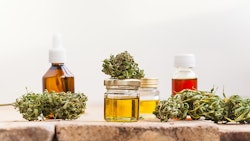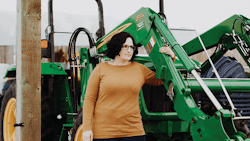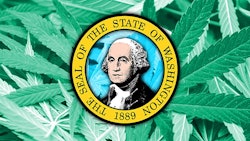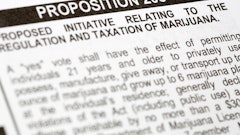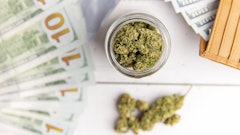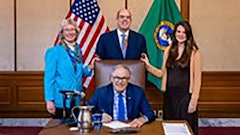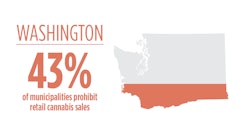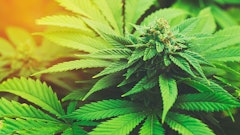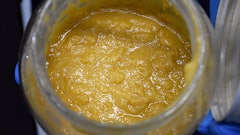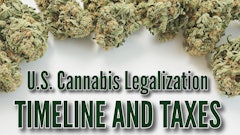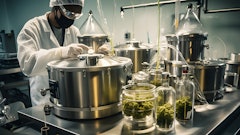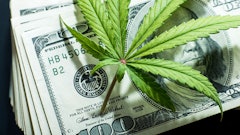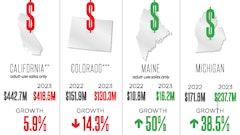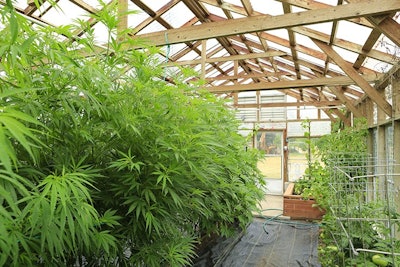
This article originally appeared in the March 2018 print issue of Cannabis Business Times. To subscribe, click here.
Washington’s cannabis market has had its share of issues since the state passed Initiative 502, legalizing adult-use cannabis in 2013. Folding the state’s medical market into the I-502 program left many medical operators unable to secure recreational licenses; the sustained glut of product has crippled many operators’ ability to break even (forget turning a profit); and odor issues have caused some communities to shun outdoor cannabis farmers.
However, the state’s latest issue regarding greenhouse definitions could potentially throw the state’s entire cannabis market into disarray.
Building codes across the country are based on the International Code Council’s (ICC) guidelines, and building inspectors use those codes and definitions to guide their daily work. However, the ICC does not specifically define what constitutes a greenhouse, but Washington’s energy code does. (The Washington State Building Code Council (SBCC), the entity that develops and adopts building code policy, developed the state’s energy code.) The code splits greenhouses into two categories: traditional greenhouses and “controlled plant growth environments.”
According to the state energy code, a greenhouse is “a structure or a thermally isolated area of a building that maintains a specialized sunlit environment that is used exclusively for, and essential to, the cultivation, protection or maintenance of plants.”
Meanwhile, controlled plant growth environments are “buildings or spaces that are specifically controlled to facilitate and enhance plant growth and production by manipulating various indoor environmental conditions. … Controlled indoor environment variables include, but are not limited to, temperature, air quality, humidity and carbon dioxide.”
The Issue at Hand
These definitions are proving to be problematic, mainly because they allow for personal interpretation. According to a spokesperson for Washington’s Department of Enterprise Services (DES), “the State Building Code is enforced by cities and counties” using local government-hired building code inspectors. When there is overlap between the definitions, “generally the more restrictive requirements apply,” the DES says.
Crystal Oliver, co-founder and owner of Washington’s Finest Cannabis, an outdoor cannabis farm in Deer Park, Wash., says the state’s energy code is being used “as a tool to manipulate the market” by deterring both indoor and outdoor cultivators from moving to a greenhouse structure.
To read the full article in Cannabis Business Times' March 2018 issue, click here.
Top courtesy of Adobe Stock










